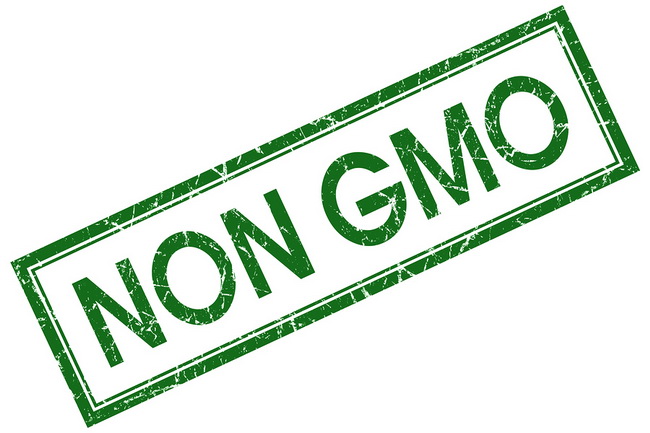- Make It Yourself Lavender Heart-Shaped Bath Bombs!
- 20 Things You Never Knew About “Down There”
- 12 Best Foods For Those Suffering From Arthritis Pain
- 12 Personal Hygiene Mistakes Almost Everyone Makes (Mom Never Told You About #4!)
- 15 Medicinal Plants And Herbs From The Cherokee People
- 12 Mind-Blowing Benefits Of Drinking Coconut Water During Pregnancy
- 12 Outstanding Winter Foods That Won’t Fatten You Up Like A Christmas Turkey
GMO Bacon?! Say It Isn’t So!

Photo credit: bigstock.com
Unless you are a vegan, you probably love bacon. And ham, pork chops, pork roast — perhaps even pickled pigs’ feet. What if we were to tell you that your long-standing love affair with bacon was about to come to a screeching halt? Why? Because Seoul National University has recently shown pictures of pigs in the publication Nature. These pigs were genetically modified, made to have extremely large backsides, which is the most edible and loved part of the pig.
Researchers from both China and Korea looked at a mutation in one variety of cattle, called Belgian Blue, that are extremely muscular. They discovered a gene that normally inhibits the growth of muscles, but for some reason is turned off in this one breed. Using TALEN, a gene editing technique, these scientists were able to create a similar mutation in their pigs, making them meatier.
It’s interesting to note that gene editing is not the same as genetic engineering, which is why you will probably see more gene editing in the future. Genetic engineering has a set of regulatory checkpoints, but gene editing has no rules or regulations.
As of this date, the public has only fought back against GM products like soy, corn, papaya, and sugar beets. Imagine now if you have to consider whether or not there’s been tampering done to your morning bacon and eggs..
If you think this all started with pigs, think again. The FDA is about to approve a genetically modified salmon, which would be the first GMO animal in the American food supply. With the announcement from Korea and China about their GMO bacon bits, the USDA has given a $500,000 grant to American researcher for developing our own frankenpig.
Continue to Page 2

Photo credit: bigstock.com
This monetary grant was issued the exact same day that the FDA announced its findings on the Aqua Bounty Inc. Salmon, which is modified to contain genes from both a pout fish and a Chinook salmon so that it will grow to maturity (read: ready to eat) in half the time that a regular salmon takes to develop.
The recipient of the USDA funding was Recombinetics, Inc. This company says that its genetic modification will be used to create female pigs that will not reach sexual maturity. Recombinetics believes that by using monosexing and infertility they can control the dispersion of genetics from their engineered animals, which will introduce these GM animals into the food and biomedical marketplace.
The biomedical marketplace? Heavens, we thought we were only talking about meatier animals for the breakfast table!
SEE ALSO: GMO Potatoes are a Seriously Deep Problem
Actually, the UDSA offered 11 grants for the funding of biotech work including another half million dollar grant given to the State University of New York, College of Environmental Sciences and Forestry. This was to evaluate the environmental impact of their maturing transgenic American chestnut tree and their nut crop in comparison to the conventional chestnut tree and their nut production.
First fruits and vegetables, and now nuts and bacon. What is the world coming to, friends? Where will all this madness end? What will happen when the only food we have left to eat that hasn’t been made into a GM monster is dog food?
Oh wait. Perhaps that’s already happened. We need to read some labels first.
References:

































